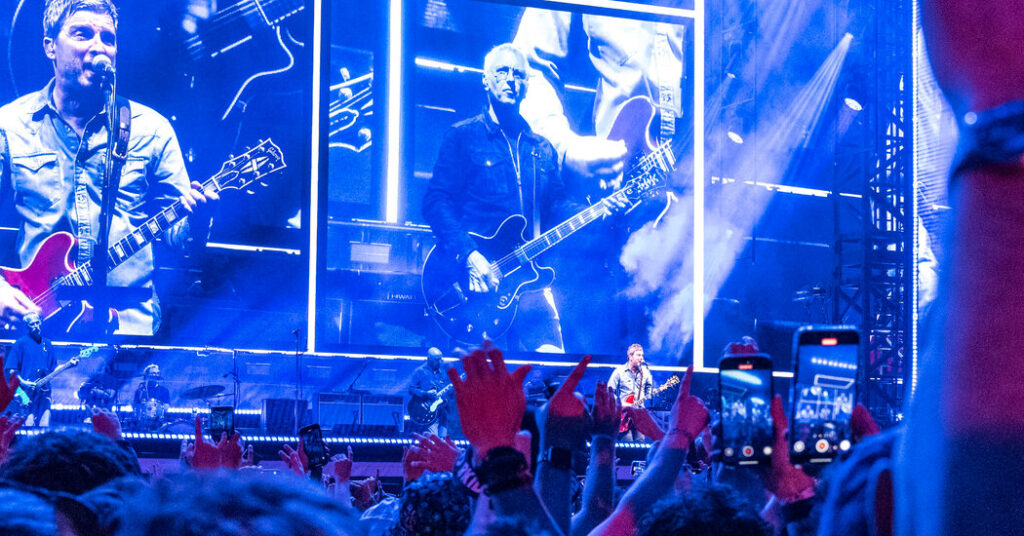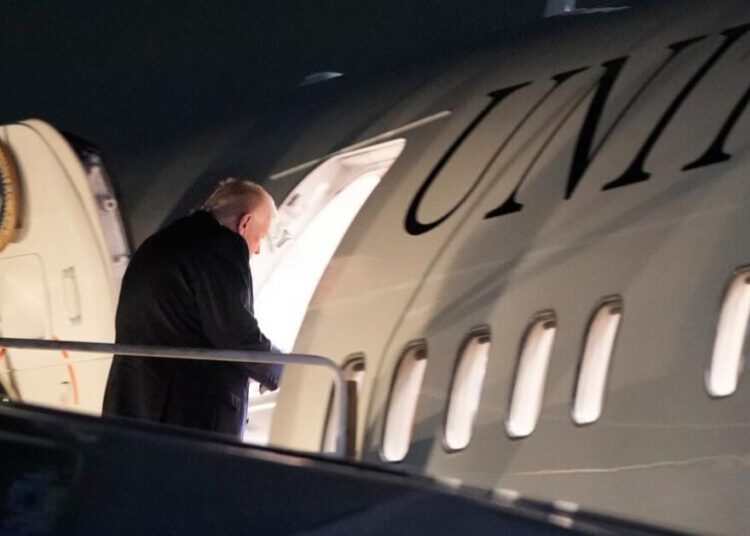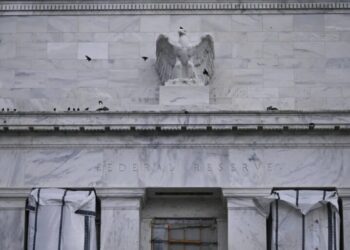The British government on Wednesday proposed legislation that would make it illegal to resell tickets for entertainment and sports events for more than their original face value.
The new rules, if approved by lawmakers, would be an aggressive step toward reining in “touts,” or scalpers — a large and technologically advanced force in the multibillion-dollar international ticket market, which often bedevils fans looking to see the most in-demand shows.
According to a government news release, the proposed rules would reduce the average cost of resold tickets in Britain by 37 pounds (about $49), and save consumers there an estimated £112 million ($147 million) a year. The rules would also make it easier for actual, human fans — not scalpers or the automated bots they use — to get the tickets they want, the government said.
“For too long, ticket touts have ripped off fans, using bots to snap up batches of tickets and resell them at sky-high prices,” Lisa Nandy, the culture secretary, said in a statement. “Our new proposals will shut down the touts’ racket and make world-class music, comedy, theater and sport affordable for everyone.”
Last week, more than 40 British performers, including Coldplay, Dua Lipa and Radiohead, signed a public letter asking Prime Minister Keir Starmer to honor pledges to protect fans from the ticket scalping market.
Those pledges, made by Starmer and other Labour politicians during an election campaign last year, gained more attention last fall when British fans were roiling over the prices charged — by scalpers as well as by the primary ticketers that sell on behalf of venues and artists — for Oasis’s reunion tour.
After Oasis fans saw some seats on Ticketmaster more than double in cost from their advertised price, British regulators opened an investigation into whether the company had used “dynamic pricing” — an algorithmic pricing system, often used by airlines and on-demand car services, in which fluctuations in demand can send prices shooting high.
In September, the Competition and Markets Authority found that Ticketmaster, a subsidiary of the international concert giant Live Nation, had not used dynamic pricing in the Oasis sale. But the regulator said that the company had not told customers that it used “tiered” pricing, which allows a price to jump to a set amount after an initial supply is sold. After the regulator’s announcement, Ticketmaster agreed to make changes to how it sells tickets in Britain, including giving customers 24 hours’ notice about tiered pricing.
In January, the British government consulted on how to tackle price gouging by ticket resellers, and asked whether it should ban resales over the price of the original ticket or let resellers make profits of up to a 30 percent. Now, it has chosen the former option.
The announcement of the proposed changes, made by two government departments — the Department for Culture, Media and Sport, and the Department for Business and Trade — follows years of scrutiny in Britain over the secondary ticket market.
In 2017, a parliamentary committee held hearings about the market and castigated Viagogo, one of the largest online resale marketplaces, for not attending the proceedings. The competition authority also criticized the company for not following consumer protection rules.
In the United States, the secondary ticket market is deeply integrated into the business for music and sports, and advocates for brokers and the major marketplaces promote their services as filling a need when fans can’t get their tickets from primary outlets like Ticketmaster.
But American regulators, and the Trump administration, have begun to focus attention on the secondary market. In March, President Trump signed an executive order condemning scalpers and directing the government to ensure that federal laws, including one banning the use of bots to buy tickets, are enforced.
And in September, the Federal Trade Commission sued Ticketmaster and Live Nation, accusing the company of breaking the law by allowing brokers to buy up millions of dollars’ worth of tickets and resell them at higher prices. In a letter to Congress, the company denied the accusations.
Alex Marshall contributed reporting from London.
Ben Sisario, a reporter covering music and the music industry, has been writing for The Times for more than 20 years.
The post U.K. Vows to Ban Resale of Concert Tickets Above Face Value appeared first on New York Times.




